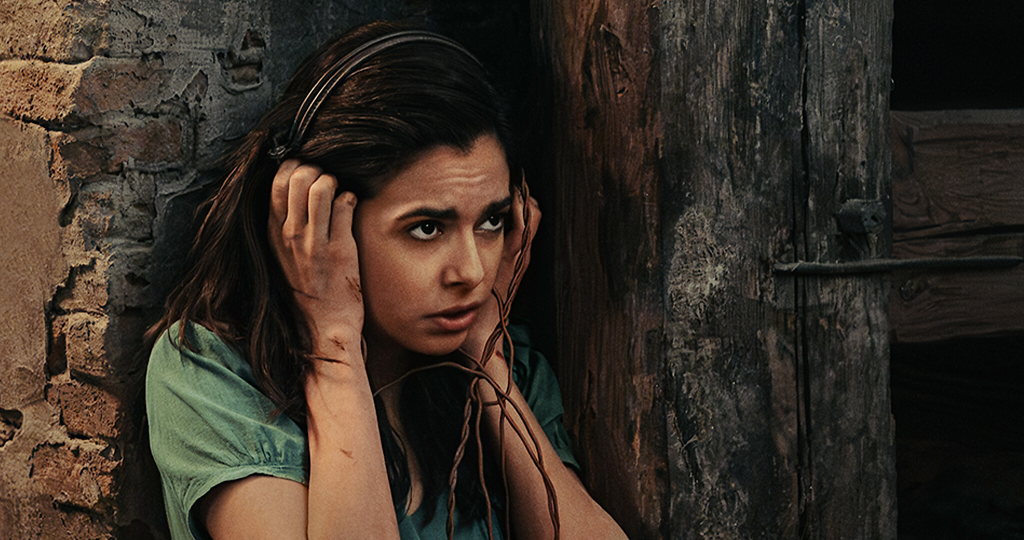“All the Light We Cannot See” is Netflix’s newest book-to-screen adaptation. A four-episode miniseries adapted from the New York Times bestselling novel by Anthony Doerr, the story follows Marie-Laure LeBlanc (Aria Mia Loberti), a blind French girl who plays a vital role during World War II as she sends messages via radio to aid the ongoing American raid occurring in Saint-Malo, France. At the same time, Werner Pfennig (Louis Hofmann), a young Nazi soldier with a specialty in radio communication, is enlisted in Saint-Malo to track down Marie. It is always a risky endeavor when adapting a book that is loved by many to the screen, and Netflix may have been in over their heads with this one.
The novel itself is a lengthy one with over 500 pages, so the choice of making this a miniseries already seemed a bit suspect. The story alternates between Marie and Werner’s present as well as their past. Each character has their own subplot as well as an ongoing plot of Marie being hunted by a Nazi general (Lars Eidinger) as she knows the location of a precious jewel that he is after. Simultaneously, Werner is attempting to break free of the Nazi regime and escape Saint-Malo. With many moving parts throughout the show, the essence of who Marie and Werner are as people get lost in the mix.
The novel made a clear emphasis on delving into and analyzing Werner’s character. He is a Nazi soldier, and despite the fact he was forced to enlist despite his continual resistance, it doesn’t rid him of his crimes. Doerr is able to make the reader understand Werner and at times sympathize with him — all the while acknowledging his active role in the Nazi regime. The show does not even attempt to allow the complexity of his character to come through and subsequently, you lose a major part of what made Werner an interesting character to follow in the novel. In the miniseries, Werner is painted as a pure and good man thrown into a terrible situation, with no nuance at all. This is a recurring problem throughout the show as many of the characters are fleshed out — and it becomes one of the show’s major downfalls.
Many of the events in the show are moved through fairly quickly, leaving no room for the viewer to get invested in the plot. This is an issue with all of the side characters seen throughout the show, as most of them are supporting characters to Marie’s storyline, only included in the scene when they are needed. Whether it be Marie’s aunt (Marion Bailey) or Werner’s sister (Luna Wedler), we never get to really know these characters. Therefore, their fates at the end of the show don’t have the emotional impact they are meant to have.
One shining light throughout the show is the relationship between Marie and her father, Daniel LeBlanc, played by Mark Ruffalo. This relationship is given the most screentime and care, and Ruffalo’s performance works perfectly for the character. We follow Marie from birth up to the present and we can see how her father influenced her ambitions and personality. Loberti’s performance as Marie is also a highlight throughout the show. For the majority of her screen time in the present, she is alone. Yet, her ability to make the viewer truly feel for her and remain invested in her storyline is very impressive.
Overall, this adaptation falls flat due to the screenwriters not being able to take the essence of the novel and translate it on screen, rushing through a lengthy and detailed plot by reducing it to only four episodes. Despite this series staying relatively faithful to its source material in regards to the plot, it’s missing the true heart of the story.
Rating: 2/5



